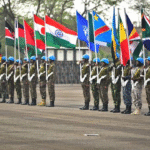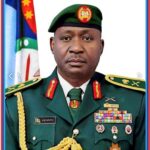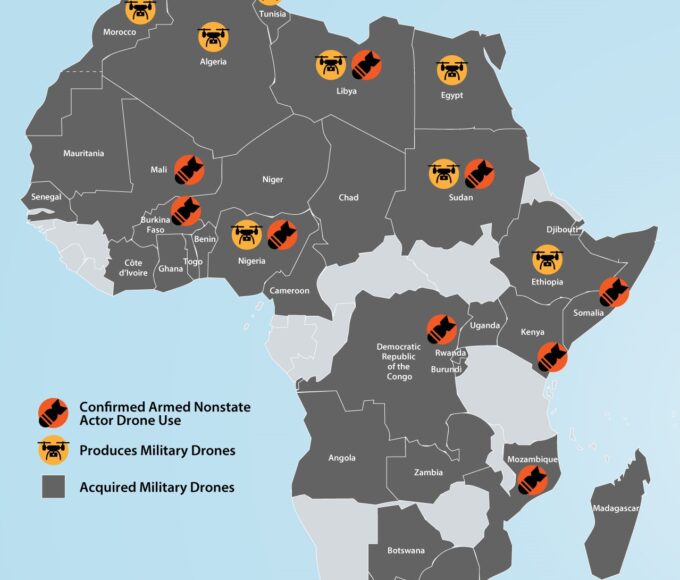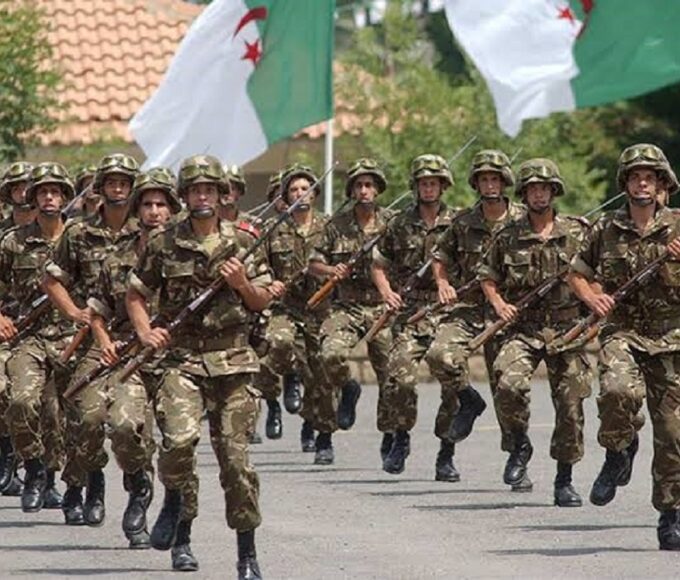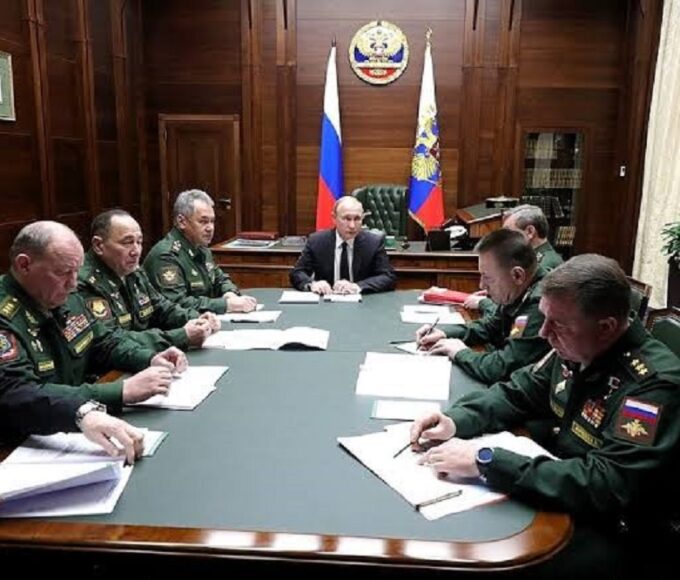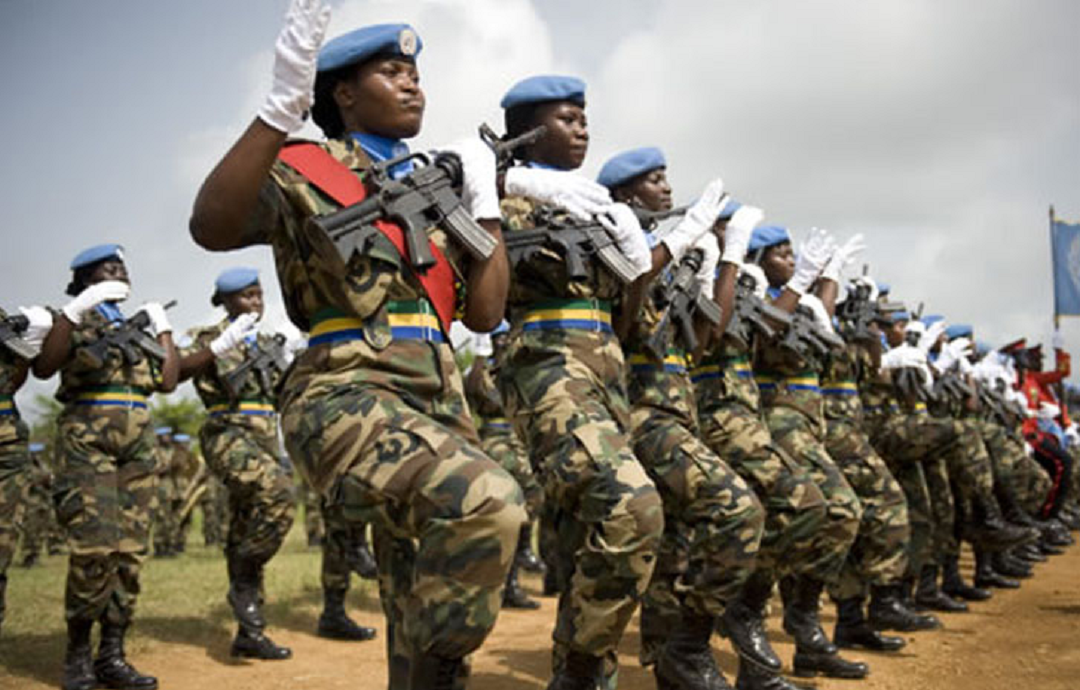
AFRICAN WOMEN IN MILITARY INTELLIGENCE – UNSUNG STRATEGISTS
Behind every secured border, every intercepted threat, and every act of national defence lies a network of quiet thinkers people who analyse, predict, and outmanoeuvre danger before it strikes. Among them are women whose brilliance and bravery have often gone unacknowledged. Across Africa, women have long been the unseen strategists of military intelligence decoding the language of war and peace, reading the motives of enemies, and shaping the outcomes of conflicts. Their strength isn’t only found in battlefields but in their minds, where intuition meets intellect to safeguard nations.
From the legendary warrior queens of pre-colonial empires to modern-day intelligence chiefs, African women have consistently proven that strategy is not the preserve of men. They have thrived in spaces shrouded by secrecy, mastering espionage, analysis, and diplomacy to protect their people. Yet, even as they continue to shape the continent’s security narrative, their contributions remain under-celebrated. To understand their impact, one must trace a lineage that begins centuries ago with queens who ruled through foresight and cunning as much as force.
Related Article: WAR WIDOWS AND FAMILIES AS SILENT STAKEHOLDERS IN DEFENSE
Queen Amina of Zazzau, a 16th-century Hausa warrior in what is now northern Nigeria, embodied this tradition. She fortified her city with defensive walls, employed spies to detect enemy movements, and led military campaigns that expanded her kingdom’s borders through careful calculation, not brute power. Similarly, Queen Nzinga of Ndongo and Matamba in 17th-century Angola turned intelligence into an art form disguising herself, forming alliances, and building intricate informant networks to outwit Portuguese invaders for over three decades. These early heroines laid the foundation for what would become a distinctly African tradition of women wielding strategy as their greatest weapon.
Centuries later, their legacy resurfaced in the liberation struggles that swept Africa in the 20th century. Women infiltrated colonial and apartheid intelligence networks, smuggling information that would change the course of independence movements. In South Africa, female operatives of Umkhonto we Sizwe risked imprisonment and death to pass along enemy positions and supply routes. Scholars and activists like Ruth First doubled as covert analysts, decoding apartheid surveillance systems to aid the resistance. Across Algeria, Mozambique, and Zimbabwe, women masqueraded as traders or servants, slipping through the cracks of suspicion to gather intelligence inaccessible to men. These unheralded missions not only hastened freedom but redefined women’s place in post-colonial defence institutions.
In the present era, African women continue to break barriers at the highest levels of military intelligence. Lieutenant General Thalita Mxakato, appointed in 2021 as South Africa’s first female Chief of Defence Intelligence, stands as a symbol of that progress. A veteran of Umkhonto we Sizwe, Mxakato trained in Angola and East Germany before rising through the ranks of the South African National Defence Force. Today, she leads strategic operations addressing cyber threats, regional stability, and peacekeeping initiatives under the African Union. Her leadership has modernized intelligence practice by embedding gender-aware analysis that reveals blind spots traditional methods often miss.
Equally trailblazing is Ambassador Gloria Nozuko Bam, who in 2025 became Africa’s first female Director-General of the State Security Agency (SSA) in South Africa. With decades of experience in domestic and foreign intelligence, Bam’s tenure has emphasized innovation integrating technology, inter-agency collaboration, and counter-espionage to counter state-sponsored cyberattacks and transnational crime. Her work has strengthened Africa’s regional responses to extremism from Mozambique to the Horn of Africa, proving that strategic intelligence thrives when inclusivity meets expertise.
In East Africa, Kenya’s Agnes Shikuku embodies the same pioneering spirit as Deputy Director-General of the National Intelligence Service (NIS), appointed in 2023. She has led initiatives against al-Shabaab and digital espionage, merging human intelligence with data analytics to pre-empt threats.
Empowerment programs have further amplified this transformation. Since 2018, the U.S. Africa Command (AFRICOM) has trained over 20 West African women officers in all-female military intelligence courses, emphasizing ethics, surveillance, and analysis. Graduates from Nigeria, Ghana, and neighbouring nations return equipped not only with technical skills but also the confidence to challenge gender norms within their ranks.
Still, the path forward remains steep. African women in military intelligence continue to confront systemic bias, limited access to senior roles, and resource disparities. Many navigate harassment and scepticism even as their work proves indispensable. Yet, pioneers like Mxakato and Bam are changing the script mentoring successors, pushing for institutional reform, and proving that gender diversity strengthens security. The appointment of Tanzania’s Stergomena Tax as the country’s first female Defence Minister in 2022 stands as a regional beacon of progress, an indication that Africa women are poised to redefine the Defence landscape.
King Richard Igimoh, Group Editor ALO
King Richard Igimoh, Group Editor African Leadership Organisation is an award-winning journalist, editor, and publisher with over two decades of expertise in political, defence, and international affairs reporting. As Group Editor of the African Leadership Organisation—publishers of African Leadership Magazine, African Defence & Security Magazine, and Africa Projects Magazine—he delivers incisive coverage that amplifies Africa’s voice in global security, policy, and leadership discourse. He provides frontline editorial coverage of high-profile international events, including the ALM Persons of the Year, the African Summit, and the African Business and Leadership Awards (ABLA) in London, as well as the International Forum for African and Caribbean Leadership (IFAL) in New York City during the United Nations General Assembly.
Recent Posts
Categories
- Air & Aerospace17
- Border Security15
- Civil Security6
- Civil Wars4
- Crisis5
- Cyber Security8
- Defense24
- Diplomacy19
- Entrepreneurship1
- Events5
- Global Security Watch6
- Industry8
- Land & Army9
- Leadership & Training5
- Military Aviation7
- Military History27
- Military Speeches1
- More1
- Naval & Maritime9
- Policies1
- Resources2
- Security12
- Special Forces2
- Systems And Technology9
- Tech6
- Uncategorized6
- UNSC1
- Veterans7
- Women in Defence9
Related Articles
BEST DEFENCE POLICY PAPERS ON AFRICA IN THE LAST DECADE
Between 2016 and 2026, defence policy thinking on Africa shifted in response...
ByKing Richard Igimoh, Group Editor ALOJanuary 26, 2026BEST DEFENCE POLICY PAPERS ON AFRICA IN THE LAST DECADE
Between 2016 and 2026, defence policy thinking on Africa shifted in response...
ByKing Richard Igimoh, Group Editor ALOJanuary 23, 2026THE ALGERIAN WAR OF INDEPENDENCE: TACTICAL LESSONS
The Algerian War of Independence (1954–1962) remains one of the most instructive...
ByKing Richard Igimoh, Group Editor ALOJanuary 22, 2026DEFENCE MINISTERS’ MEETINGS: OUTCOMES THAT MATTER
As geopolitical pressures intensified in 2025, defence ministers’ meetings shifted from routine...
ByKing Richard Igimoh, Group Editor ALOJanuary 21, 2026





